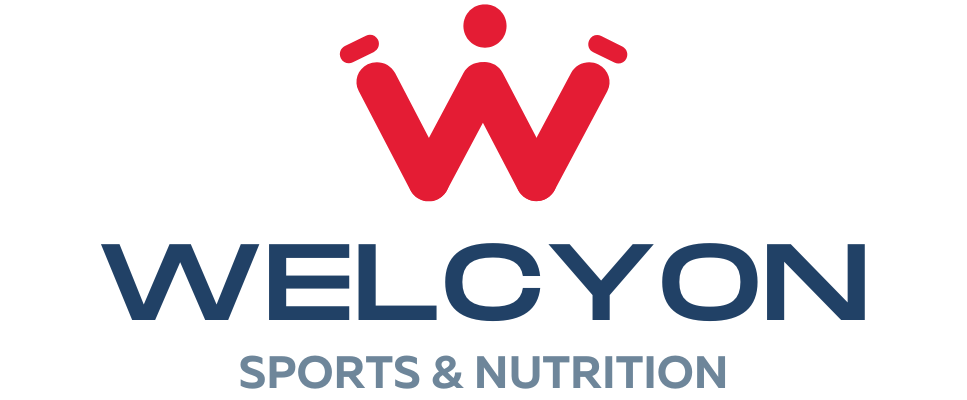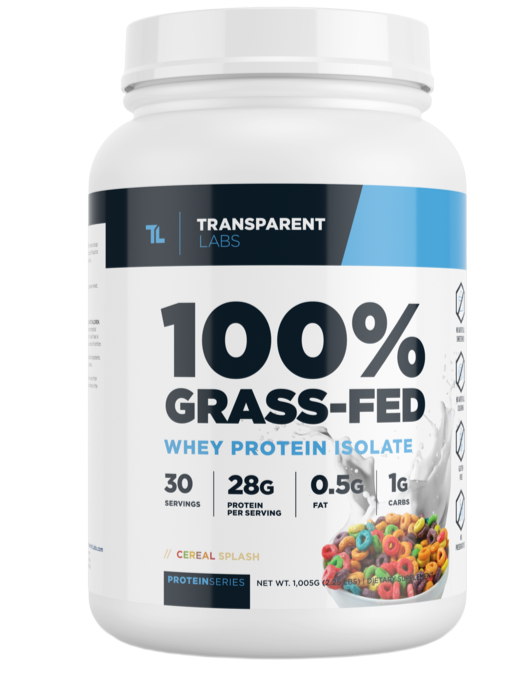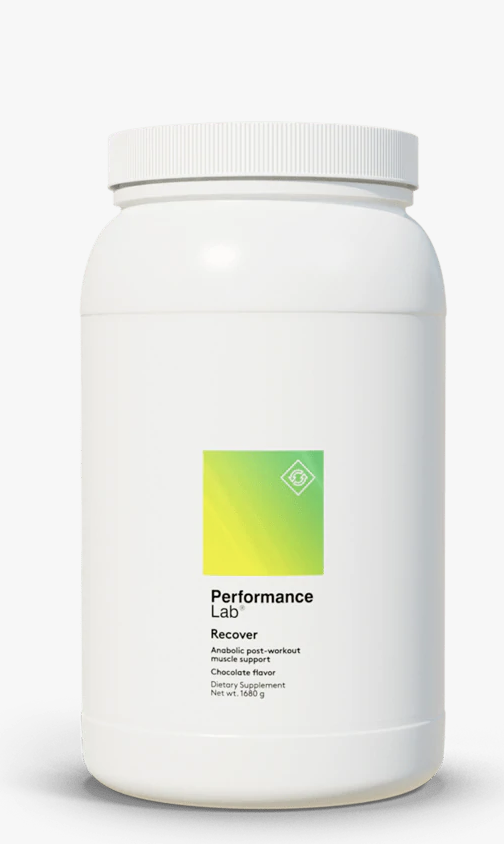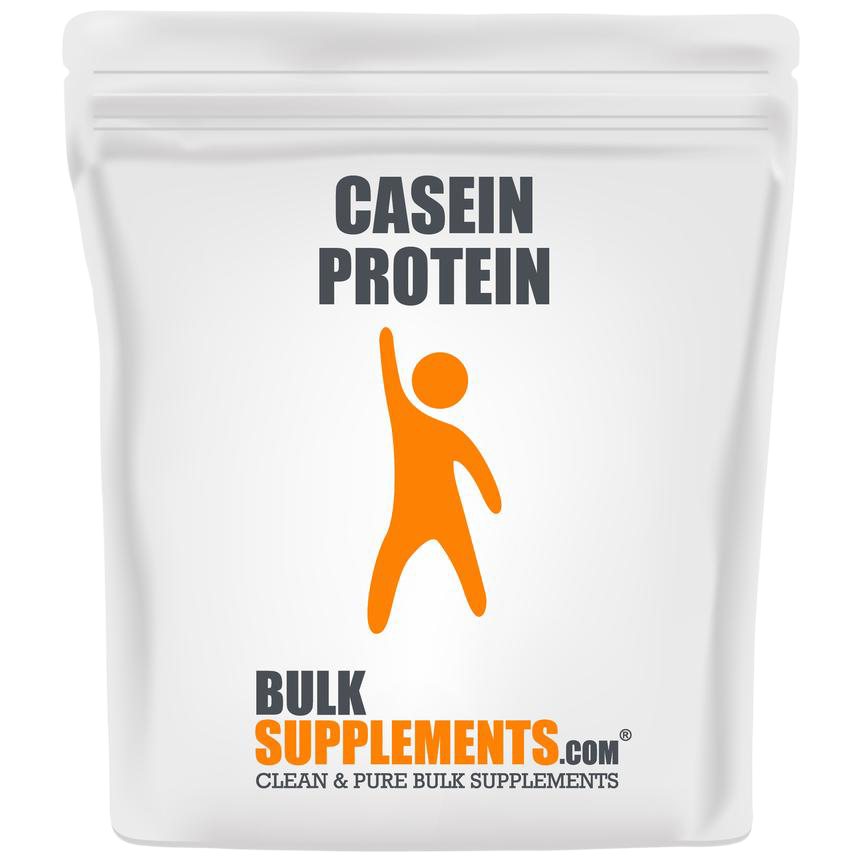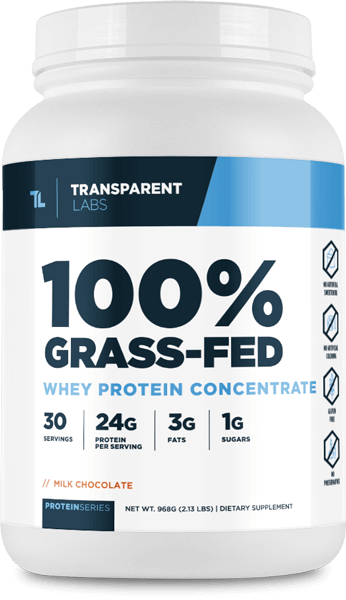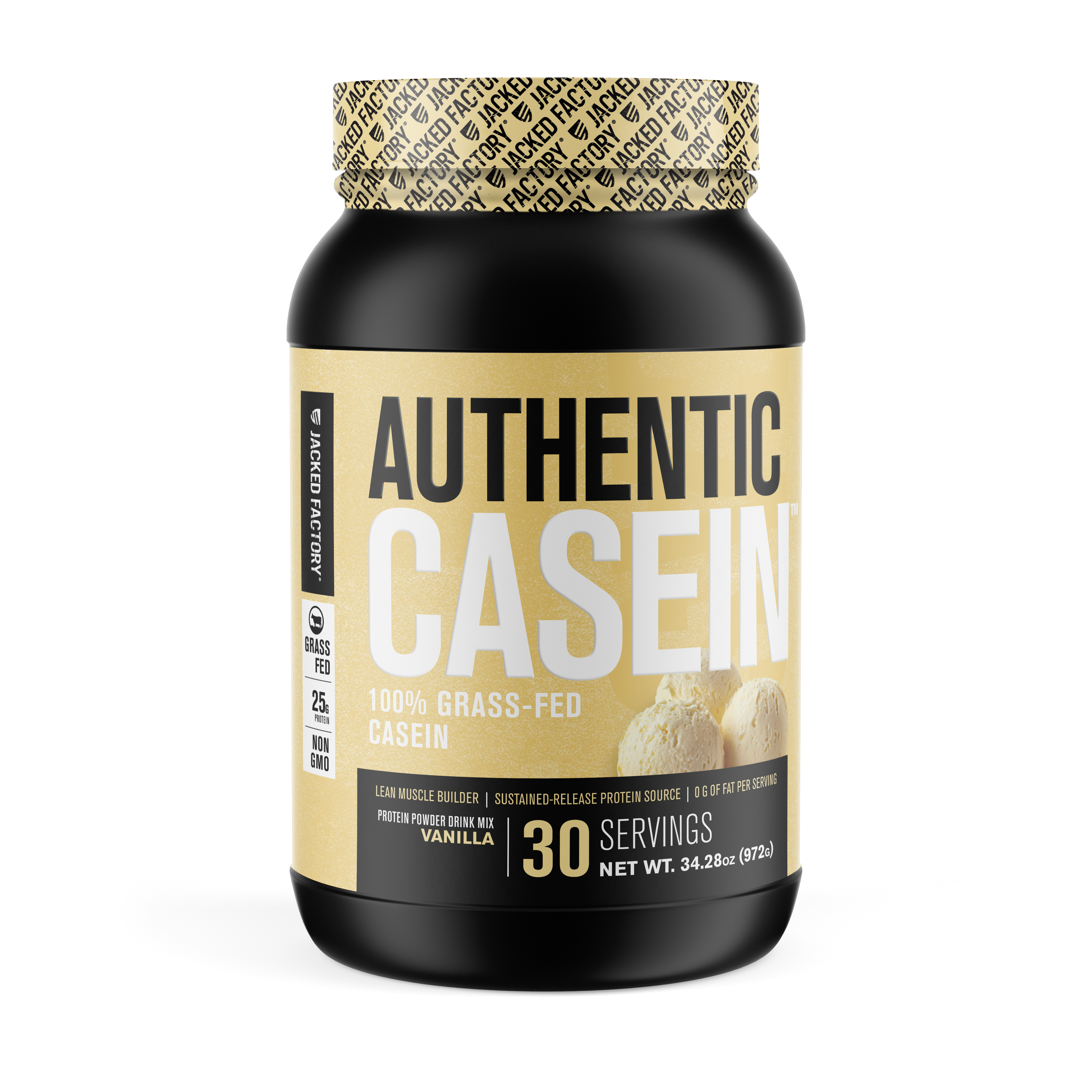13
Products Considered
149
Hours of Research
7
Experts Interviewed
36
Customers Consulted
Gluten is a naturally occurring protein in some grains such as wheat, barley, etc. It allows food items to look fuller and chewy. Think of a ball of dough turned into a stretchy pizza base.
I personally follow a gluten-free diet as gluten is bad for your gut health. And considering how easy it is to switch to such a diet model, it seemed like a no-brainer for me.
When I made the switch, I had to ensure that all my health supplements fit into my diet. That was the first time I considered buying a gluten-free protein powder. During my research, I narrowed down my choices to these five protein powders:
Editor's Choice
Made with organic brown rice, this product comes with very low carb and fat count. The mix of organic cocoa, vanilla, and Ceylon cinnamon for flavor makes it quite tasteful as well.
Key features:
• 30% faster absorption compared to whey protein
• Boosts immunity and endurance
• Great amino acid profile
#3rd Best Choice
Top Gluten Free Protein Powders
Made using the milk of grass-fed cows, the PROTEIN SERIES 100% Grass-Fed whey protein powder is one of the best gluten-free whey protein powders out there.
It is extremely high in protein content while also being low in carbs and fats. Therefore, you can use it in your protein shake for weight loss. Moreover, its nutritional division provides relative leverage in smoothie customizability.
This product is also free from any GMO.
As for flavors, the brand provides various options, including Milk Chocolate, Mocha, French Vanilla, among many others. This is quite surprising as it does not contain any artificial colors or flavors.
Pros:
Cons:
Made using organic brown rice, the Performance Lab Sport Protein Powder is one of the best gluten-free protein powders out there.
It is crafted using a patented technology that makes it as good as chicken breast. In terms of absorption, it absorbs 30% faster than whey protein which is quite impressive.
Besides protein supplementation, this plant-based powder also contains other benefits. Some of them include iron which enhances blood, oxygen, and nutrient delivery in the body, Calcium which helps in improving bone strength, etc. [1, 2]
If you are trying to lose weight, this product is a great choice due to its low fat and carbohydrate count.
Pros:
Cons:
Milk contains two types of protein - whey and casein. While whey is fast-absorbing, casein is slow in nature.
Bulk Supplements Casein Protein Powder contains branched-chain amino acids and is an ideal supplement for recovery.
As it is very low in fats and carbs, you can use it to lose weight.
It is free from gluten and yeast. Adding to that, it also does not contain added sugar or artificial ingredients.
In terms of flavor, it does not have any. Therefore, you might have to add some fruits to your protein shake if you want some flavor in your drink.
Pros:
Cons:
Jacked Factory's Authentic Casein protein powder is made with 100% grass-fed micellar casein. This is the purest form of protein found in milk, and it's free of additives and fillers.
Casein also contains calcium, which helps keep your bones strong, and phosphorus, which is essential for cell metabolism. As a bonus, this protein powder can be mixed with different types of foods and drinks to give them a tasty boost.
The protein powder is manufactured in the USA in a cGMP-certified facility and delivers exceptional quality. Although it's a fantastic option to consider when using a shaker bottle, it's also suitable for adding to delicious baked goods.
Pros:
Cons:
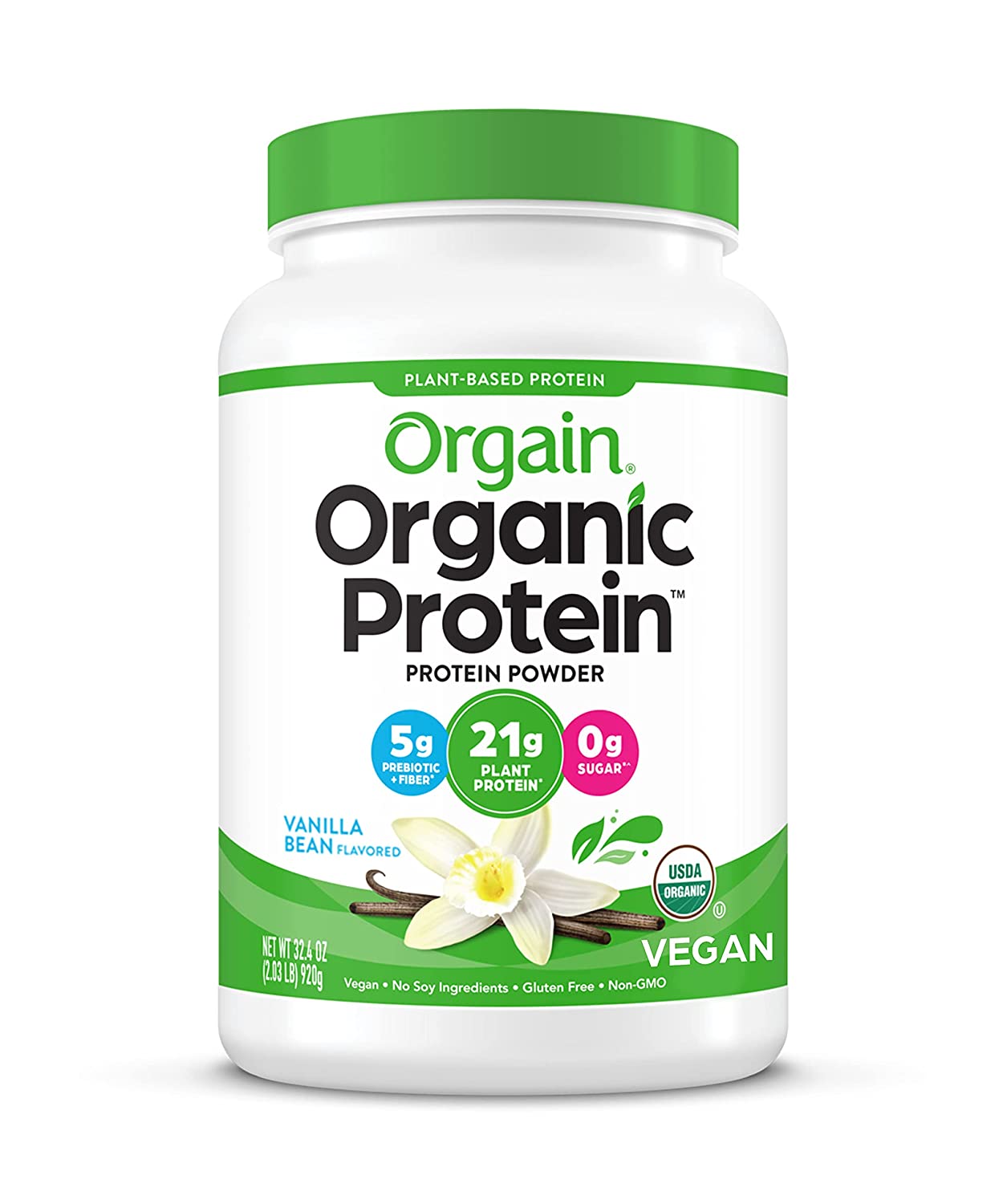
Specifications:
Protein per serving - 21 g
Calories - 150
Carbs - 15 g
Fat - 4 g
Flavor - Vanilla Bean
Protein Source - Brown rice, pea protein, chia seed
Type - Concentrate
A plant-based protein blend, the Orgain Organic plant-based protein powder is a great, nutrition-packed supplement.
It is slightly high in carbs which helps if you are bulking or require instant energy. It can also act as a meal replacement for the same reason, especially if you use it for baking or in a protein smoothie.
It is free from gluten, soy, carrageenan, and lactose. It comes in a Vanilla Bean flavor for taste, which is quite surprising considering that it does not have any artificial sweeteners.
Pros:
Cons
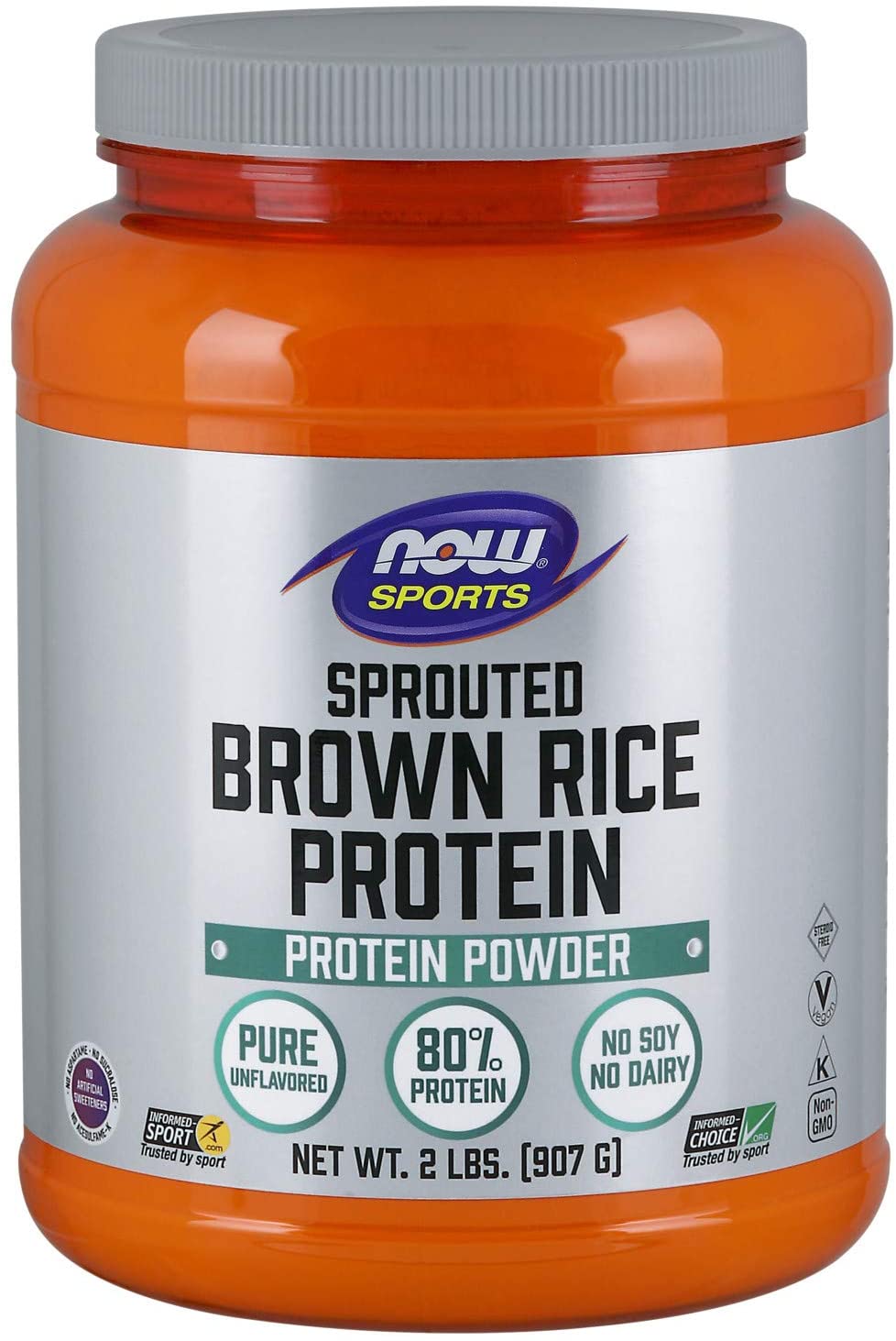
Specifications:
Protein per serving - 4 g
Calories - 15
Carbs - 0 g
Fat - 0 g
Flavor - Unflavored
Protein Source - Brown rice
Type - Isolate
Another gluten-free protein powder that is vegan in nature. It is made using sprouted brown rice. Despite that, its carb and fat content is less.
In terms of protein content, 80% of the serving in this protein powder comes from protein. Therefore, it is ideal to consume lean protein and for weight loss.
It does not have any flavors. As a result, you will have to add extra ingredients to your protein shake if flavors are important for you.
Since it has a small serving size of 5g, you can expect this protein powder to last quite a while.
Pros:
Cons:
How To Choose The Best Gluten Free Protein Powder?
Gluten-free protein powders aren't the easiest products to choose from.
However, unlike other diet restrictions, the choices of such protein powders are tough due to the plethora of options instead of a lack of them.
Here are a few things to keep in mind while investing in a gluten-free protein powder:
Match it with your goals
The best gluten-free protein powders are those that go hand in hand with your goals. If you are looking to lose weight, I recommend going for a product that is high in protein and low in carbs and fats.
If you are bulking, go for one that is high in calories.
Though the beauty of these protein supplements is that they are so customizable.
Even if you get a low-calorie product, you can just add extra ingredients to your meal to bump your diet.
Ethical and medical compatibility
While gluten is a restriction by itself, other ethical and medical restrictions must also be kept in mind while investing in a gluten-free protein powder.
- If you are vegan, a vegan protein powder should be your priority.
- If you are diabetic, you should ensure that your protein powder contains close to no sugars.
- If you have no restrictions, most protein powders will be suitable for you. Just choose the best one you can find.
Time of consumption
While most gluten-free protein powders can be consumed at any given time, sometimes it is better to buy products as per your meal timings.
For example, if you are taking your shake just after a workout, a fast-absorbing whey protein isolate is recommended to give your body an instant boost of protein.
However, if your diet model requires you to consume protein at night, going with a casein supplement is a better option.
Flavors
If you are like me who likes their protein shakes chocolate and vanilla flavored, you should consider a flavored gluten-free protein powder.
For people looking to make smoothies or use their protein powders to bake, getting unflavored protein powders isn't the worst idea. You fulfill the necessary requirement of consuming protein while also giving yourself enough room to customize your meal as per your liking.
Benefits of Using a Gluten Free Protein Powder
Like most protein supplements, a gluten-free protein powder provides a number of benefits to its users. Here are a few major ones:
Helps in gaining muscle
Your body needs at least 0.8 to 1 grams of protein per pound of body weight for it to gain muscle. [3]
Most gluten-free protein powders come with 20 grams of protein per serving. This goes a long way in fulfilling your daily needs.
Helps in weight loss
Gluten-free protein powders give you an extra edge over a regular diet in terms of weight loss. Though losing weight boils down to a caloric deficit, protein reduces your appetite ensuring that you don't constantly look to break your diet. [4]
As these supplements, come with flavors like vanilla and chocolate, you get the benefit of taste as well. This goes a long way in helping in terms of cravings.
Consuming these supplements also ensures that your calorie consumption comes from high-quality macronutrients instead of unnecessary ones.
Food Intolerance and Allergies
For most people, gluten does not have any serious complications.
Usually, gluten intolerances include bloating, diarrhea, constipation, and headache. However, if you are suffering from Celiac disease, the complications get much worse. [5]
But in either case, it is a given that gluten certainly isn't good for you. Therefore, going with a gluten-free protein powder can go a long way.
Frequently Asked Questions (FAQs)
Why should I consume gluten-free powders?
Gluten-free powders are a great choice for your gut health. Gluten is known for causing issues such as bloating and diarrhea and with such supplements, you can avoid these issues.
Are whey protein powders gluten-free?
Not all whey protein powders are gluten-free. However, most brands today make whey protein powders without gluten. Just make sure that the product you purchase does not have any and you are good to go.
Can gluten-free protein powders help in weight loss?
A gluten-free protein powder can certainly help in weight loss as most of them come with a low-calorie count. Moreover, since protein suppresses your diet, it also significantly reduces your cravings.
Is it bad to consume too much protein from a gluten-free protein powder?
As long as your total daily calorie intake is in sound condition, you can consume gluten-free protein as many times as you want.
Are there any side effects of taking gluten-free protein powders?
There are no side effects of consuming gluten-free protein powders as long as you stick to your daily calorie intake.
Addressing Controversies
Gluten has been a constant topic of debate in the field of nutrition.
Some say it is a myth while some have accepted its adverse effects.
It is worth noting that in most cases, gluten does not have any major complications. However, rare conditions such as celiac disease and gluten ataxia can face serious issues if consistently consuming gluten in their diet. [6]
In either scenario, we can admit that gluten isn't good for you. Therefore, consuming protein powders that do not contain gluten makes complete sense.
Related articles:
- Best Protein Powders Without Artificial Sweeteners
- Best Paleo Protein Powders
- Best Protein Powder for Smoothies
- Best Rice Protein Powders
Conclusion
Choosing a gluten-free protein powder was not the easiest of tasks for me.
From a whey protein powder to a plant-based protein supplement, the choices were many. Surprisingly, a number of brands produce supplements that do not contain gluten.
After a rigorous amount of research though, I came to a conclusion.
And the winner is - Performance Lab Sport Protein Powder.
Made out of organic brown rice, this product is plant-based, high in protein, low in carbs and fats while also ensuring recovery and performance boost. I also liked the flavor of this product which is a blend of multiple natural ingredients.
In the second position, I would put the Bulk Supplements Casein Protein Powder. Unlike a whey protein powder, this product is slow-digesting and great for overnight recovery. It is also unflavored which is great as I like consuming my protein powder in smoothies.

William Toro ‧ CPT & Nutritionist
William is a certified personal trainer from NASM, he has also been a rehab physiologist for sports persons. He has more than 15 years of experience training people. And has featured in multiple publications like FoxNews, CNBC, Bustle, and other.
References:
1. Nazanin Abbaspour, Richard Hurrell, Roya Kelishadi, Review on iron and its importance for human health, retrieved from https://www.ncbi.nlm.nih.gov/pmc/articles/PMC3999603/
2. Mayo Clinic, Calcium and calcium supplements: Achieving the right balance, retrieved from https://www.mayoclinic.org/healthy-lifestyle/nutrition-and-healthy-eating/in-depth/calcium-supplements/art-20047097
3. Harvard Health Publishing, How much protein do you need every day?, retrieved from https://www.health.harvard.edu/blog/how-much-protein-do-you-need-every-day-201506188096
4. Harvard Health Publishing, Extra protein at breakfast helps control hunger, retrieved from https://www.health.harvard.edu/staying-healthy/extra-protein-at-breakfast-helps-control-hunger
5. Karen Gill, M.D., Aaron Kandola, What are the first signs of gluten intolerance?, retrieved from https://www.medicalnewstoday.com/articles/322050
6. Benjamin Niland, MD, Brooks D. Cash, MD, Health Benefits and Adverse Effects of a Gluten-Free Diet in Non–Celiac Disease Patients, retrieved from https://www.ncbi.nlm.nih.gov/pmc/articles/PMC5866307/
